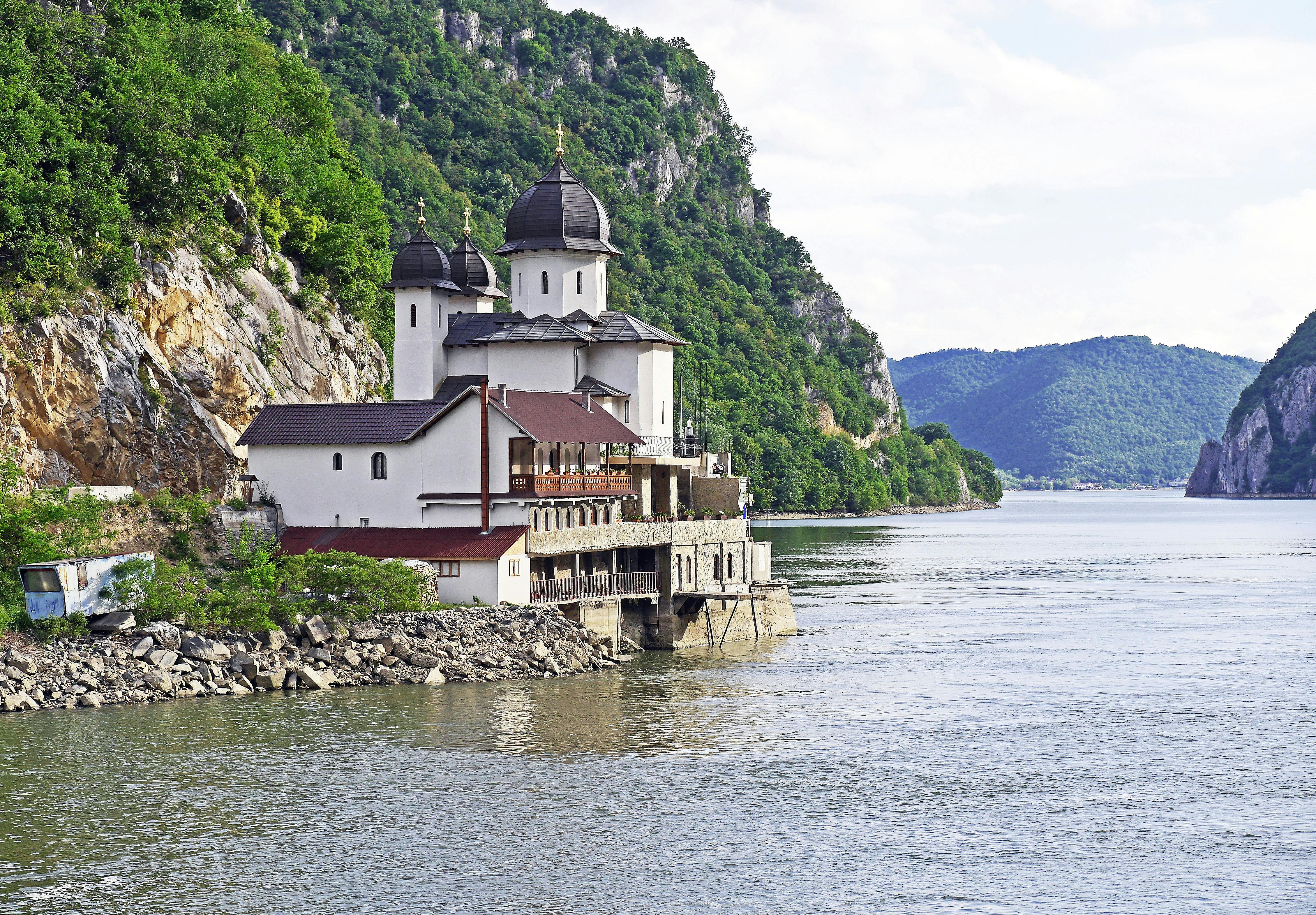
Fact 1: Home to one of the oldest human settlements in the world
The territory of present-day Serbia is recognized as one of the earliest human habitats. The famous archeological site of Lepenski Vir holds artifacts and remains dating back to around 9500BC, making it one of the earliest and most significant prehistoric cultures of the European Iron Age.
Fact 2: The birthplace of the world’s most powerful family
Serbia is the birthplace of the Roman Emperor Constantine the Great, the man credited with making Christianity the official religion of the Roman Empire. Believed to have been born in Nis, a town in southern Serbia, Constantine‘s rule brought about a major turning point in world history.
Fact 3: A country of raspberries
Serbia is the world's leading exporter of raspberries, contributing 30% of all raspberries to the international market. Nicknamed ‘the red gold’, raspberries are not only a symbol of Serbia but are also a significant source of income for the nation.
Fact 4: The second largest Orthodox Christian church is in Serbia
St. Sava Temple, located in Belgrade, is the second largest Orthodox Church in the world. Its impressive structure and beautifully adorned interior make it one of the most visited sites in Serbia.
Fact 5: Home of the rakija
If there is a drink that represents Serbia, it is rakija. This fruit brandy is the national drink and plays an integral part in Serbian culture. The strongest rakija, called "Slivovitz", is a plum brandy that contains up to 60% alcohol.
Fact 6: Tesla's homeland
The famous inventor and engineer Nikola Tesla was born in modern-day Croatia, however, he was an ethnic Serb. Serbia holds a deep pride for Tesla and his contributions, with the country’s largest airport and a museum in Belgrade named after him.
Fact 7: A multitude of languages
Although the official language of Serbia is Serbian, in communities where other minorities reside, their respective languages can also be in official use. This makes Serbia a land where several languages, including Hungarian, Slovak, Romanian, and Croatian, can be heard.
Fact 8: Vampires are a Serbian invention
The word 'vampire' is actually of Serbian origin, derived from the word 'vampir'. The first ever vampire, 'Petar Blagojevich', is also a creation of Serbian folklore.
Fact 9: Birthplace of Roman Emperors
Famous for its rich history, Serbia was the birthplace of as many as 17 Roman Emperors, including Constantine the Great who was proclaimed an emperor in the city of Nis.
Fact 10: Home to a floating island
Ada Ciganlija, located in Belgrade, Serbia, is commonly referred to as the 'floating island'. With its lake, it serves as a major recreational zone in the city and offers various activities such as water skiing, golf, and tennis.
Fact 11: A testament to eternal love
One of Serbia’s unique landmarks is the 'House on the Drina', a small, idyllic house perched atop a rock in the middle of the Drina river. This has survived flooding and the passage of time - a testament to the resilience of love.
Fact 12: Europe’s third oldest tree
Serbia is home to the third-oldest known tree in Europe, a 1,200-year-old Pine named 'Old Pine'. It has been declared a natural monument and symbolizes longevity and wisdom.
Fact 13: The Danube touches Serbia
The Danube, Europe's second-longest river, flows through Serbia for 588 kilometers, making it a crucial artery for the Serbian economy.
Fact 14: A country of unique bridges
Serbia is known for its unique and innovative bridge constructions. One of the most famous ones is Novi Sad’s 'Rainbow Bridge' which beautifully sparkles at night and is a favorite Instagram spot.
Fact 15: The place of an important World War I event
During World War I, Serbia played a pivotal role, being the place where the Archduke Franz Ferdinand of Austria was assassinated, a key event leading to the start of the conflict.
Fact 16: Famous for world quality water
Serbian water bottler, Knjaz Miloš, and its AdeS water brand, have been awarded multiple times for being one of the best tasting waters in the world, confirming Serbia’s pristine natural conditions.
Fact 17: Serbia’s landlocked “sea”
Despite not having access to the sea, Serbia’s largest artificial lake, Djerdap Lake, is often referred to as 'the sea of Serbia'. It is a favorite spot for fishing, boating, and water sports.
Fact 18: The Serbian clock keeps a history
The Serbian clock tower in Nis, built in 1720s, still operates today and is a highly recognized symbol and historic monument in the city.
Fact 19: The place of the world’s biggest music festival
Serbia is home to the world's largest music festival – The ‘Exit’. It is organized every year at the Petrovaradin Fortress in Novi Sad and attracts music lovers from around the globe.
Fact 20: Home to a uniquely shaped mountain - Rtanj
The Rtanj Mountain, located in eastern Serbia, is home to a unique, pyramid-like peak that has led to various speculations and myths over the centuries, including extraterrestrial theories. Despite whatever stories exist, one thing is clear - the mountain's unique shape is sure to leave an impression on you.